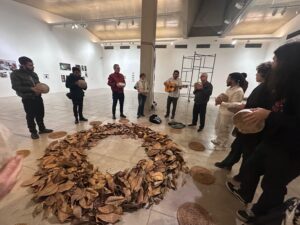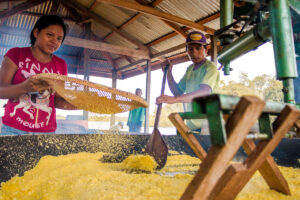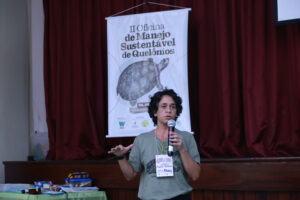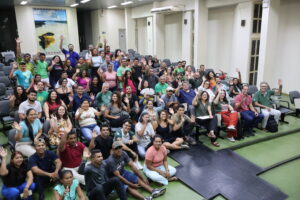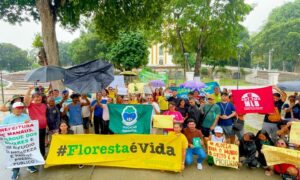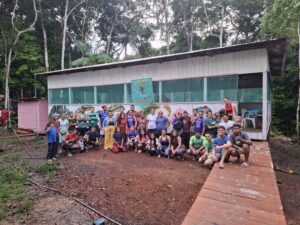The history that writes our history.
By Maria Cunha
Translated by Bruna Favaro
The importance of talking about the culture and tradition of our territories is fundamental to preserving and valuing the identity of our people. Each region has unique peculiarities and characteristics that must be known and passed on from generation to generation, thus ensuring the continuity of “a story with new characters”.
When talking about the culture and tradition of a given territory, we are rescuing the collective memory of a people, recognizing and valuing their roots. It is through knowledge of local traditions and customs that we can better comprehend the history and formation of a community, understanding the influences that shape local culture. In addition, we are providing an opportunity for new generations to know and be proud of their cultural heritage. By transmitting this knowledge to younger people, we are ensuring the preservation of memories that can reflect on the construction of a new reality.
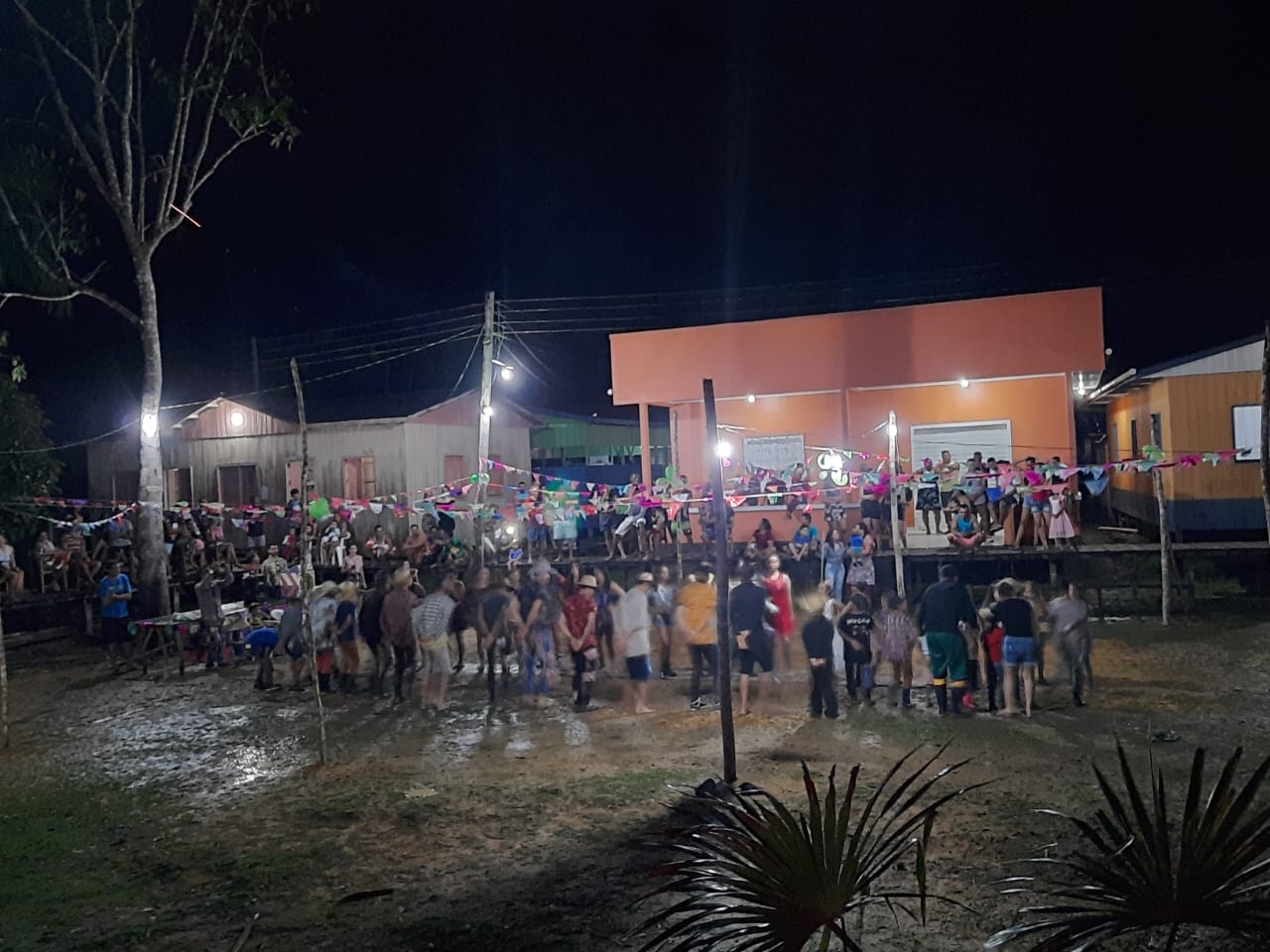
Culture and tradition also play an important role in building each person’s identity. By knowing and identifying with the local culture, people feel part of a community, creating a sense of belonging and strengthening the feeling of unity, solidarity and respect among the members who make up that space.
Culture is a source of inspiration for artistic and creative expressions. Often, cultural elements such as dances, music, literature, crafts and cuisine are preserved and transmitted by the community through generations. In addition, there are the legacies that the ancestors of this generation built that end up being followed and passed on to the future. These expressions enable appreciation and dissemination of culture beyond physical territories.
Another important aspect is that the culture and tradition of the territory contribute to the sustainable development of a region. Understanding and valuing local culture creates a collective awareness of the importance of preserving the environment, native fauna and flora, natural resources, and traditional knowledge related to the sustainable use of these resources. Therefore, they are allies in the fight for the conservation of natural and cultural heritage.
In this sense, it is necessary to promote actions and public policies to encourage the appreciation and preservation of the culture and tradition of the territories. The existence of spaces for dialogue, exchange and learning between different generations is essential so that memories and experiences of the past are passed on through generations. Therefore, culture is a source of learning, and knowing about our local culture enriches our worldview.
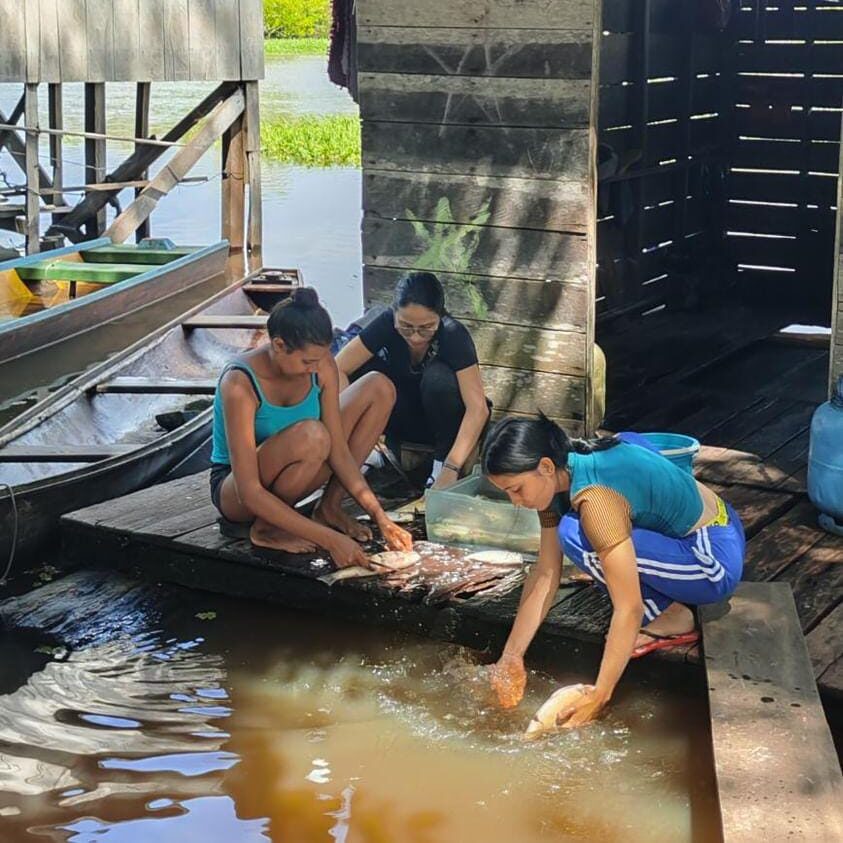
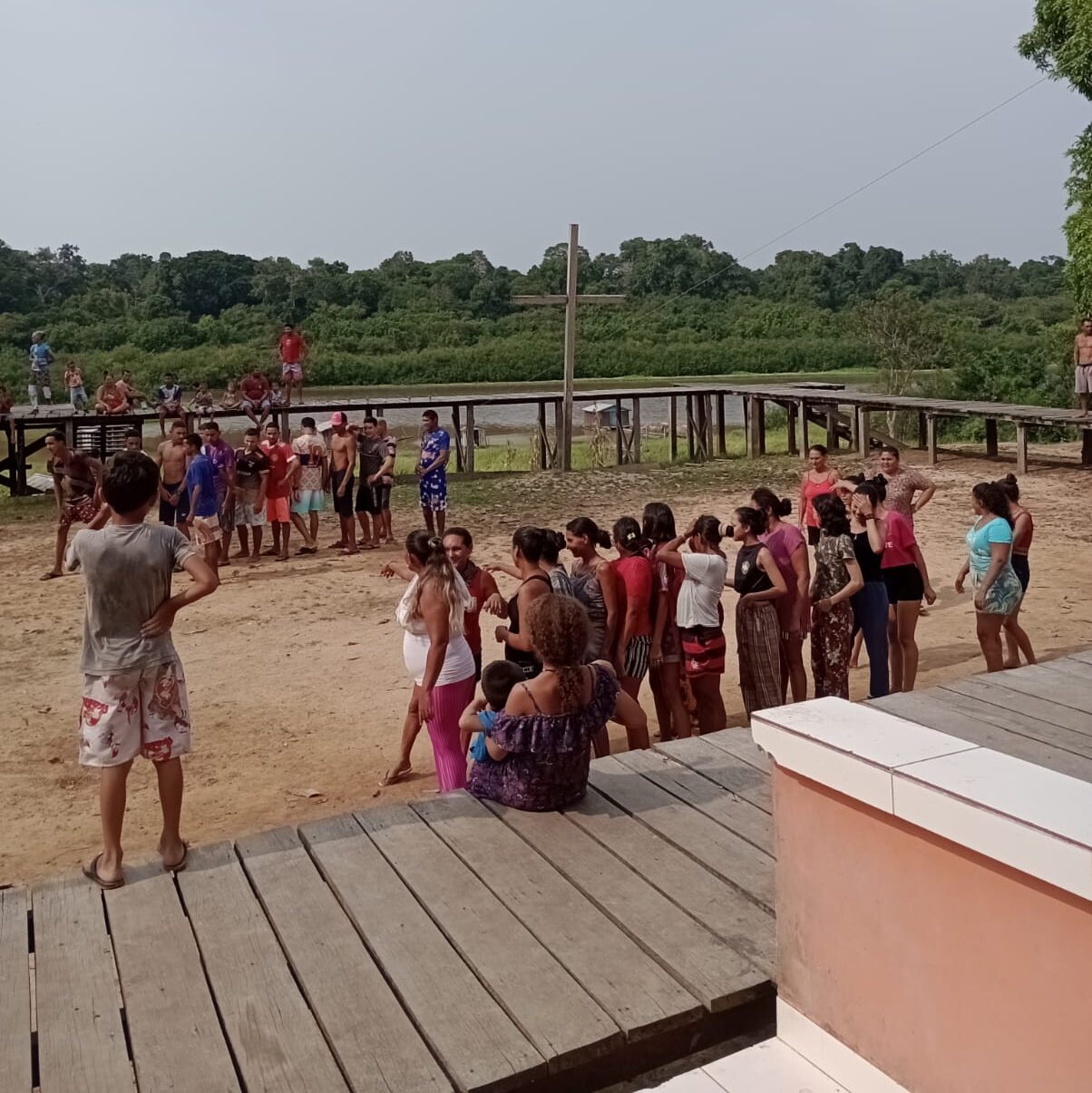
Education extends beyond formal spaces, but it is equally essential to recognize the importance of formal education as an ally to understand and value the culture and tradition of your territory. Therefore, the inclusion of these themes in school curricula – as well as encouraging projects and research related to local culture – are initiatives that can contribute to the preservation and appreciation of these cultural elements.
In conclusion, talking about culture and tradition is essential for preserving the cultural identity of people and communities, promoting a feeling of belonging and valuing the historical roots of these territorial spaces. Furthermore, the appreciation of local culture contributes to sustainable development and the conservation of natural and cultural heritage. We can build a society that is more inclusive, diverse, and respectful of our roots by recognizing and valuing our culture and tradition.
Talk about the local and traditional culture of the territory we live in is of great importance. It is our roots that speak about our essence, about what we believe in and what we fight for. It is possible to guarantee the continuity and appreciation of the history that preceded us, enabling future generations to prosper based on the achievements and knowledge of the past. Do not omit to talk about the history that writes our history, because our culture, our tradition, our place – are all our identity.

